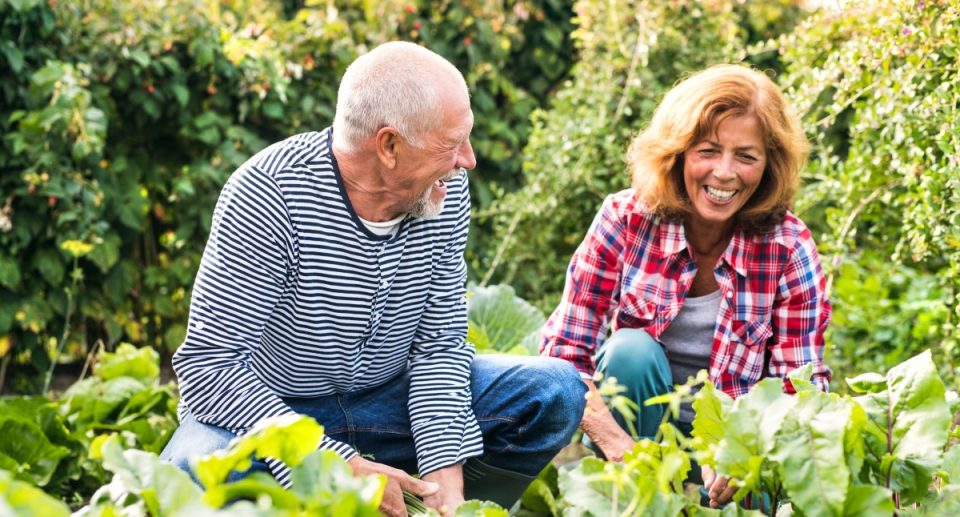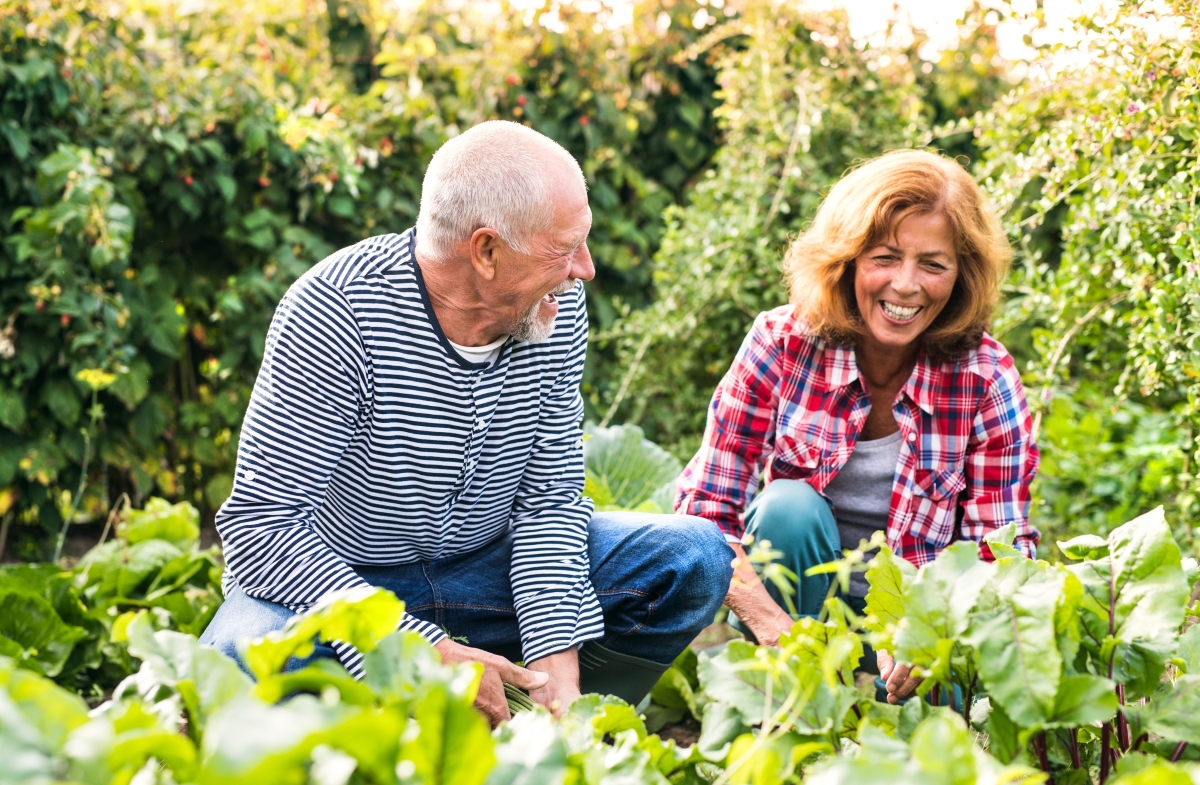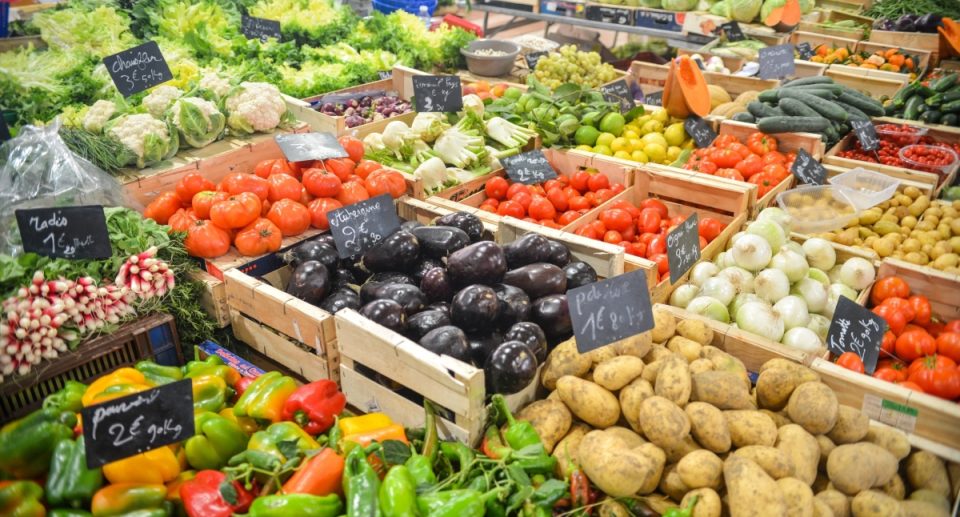How Community Gardening Can Help Seniors Stay Connected and Active

Community gardening is a growing trend that offers much more than just a patch of land to cultivate vegetables and flowers. For seniors, it provides a wonderful opportunity to connect socially and physically. Participating in a community garden allows older adults to engage in meaningful activities, meet new people, and maintain a healthy lifestyle. In this article, we’ll explore how community gardening helps seniors stay connected and active and why it’s an excellent option for individuals looking to enhance their social and physical well-being.
1. Building Social Connections Through Gardening
A. Reduces Loneliness and Isolation
One of the biggest challenges seniors face is social isolation, which can have negative effects on both mental and physical health. Community gardening provides an opportunity to interact with others regularly. It fosters a sense of belonging and purpose, as seniors work alongside fellow gardeners, share stories, and exchange tips. These interactions help combat feelings of loneliness, creating a tight-knit community that supports one another.
B. Encourages Intergenerational Interactions
Many community gardens involve people of all ages, providing seniors with a unique opportunity to interact with younger generations. Working side by side with younger gardeners creates bonds and allows seniors to pass down their knowledge of gardening while also learning new techniques and ideas. This intergenerational exchange can be fulfilling, offering a sense of continuity and shared purpose.
C. Enhances Sense of Community
Participating in a community garden fosters a sense of ownership and pride. When seniors work together to cultivate a shared space, they feel more connected to their neighbors and local community. The collective effort of growing plants, maintaining the garden, and enjoying the harvest strengthens bonds and promotes a sense of unity. This shared responsibility helps create a supportive environment where seniors feel valued and appreciated.
2. Physical Health Benefits of Community Gardening
A. Provides Low-Impact Exercise
Community gardening is a great form of low-impact physical exercise. Tasks such as planting, weeding, watering, and harvesting engage various muscle groups and improve mobility, flexibility, and strength. These movements help seniors stay active without putting undue strain on their bodies. Gardening activities are also adaptable, making it easy for seniors with varying levels of physical ability to participate.
B. Improves Cardiovascular Health
Regular physical activity, such as gardening, has been shown to improve cardiovascular health. Simple movements like digging, lifting pots, and raking increase heart rate and promote better circulation. For seniors, gardening offers a gentle way to keep the heart healthy and reduce the risk of chronic conditions like heart disease and high blood pressure.
C. Enhances Balance and Coordination
Gardening requires a variety of motions that can help improve balance and coordination. As seniors bend down to plant seeds, stretch to pick produce, or balance while carrying tools, they develop better body awareness and control. This improvement in balance and coordination can help prevent falls, a common concern for older adults.
D. Promotes Flexibility and Joint Health
Gardening helps maintain and improve flexibility, particularly for seniors who might struggle with stiff joints or arthritis. The bending, stretching, and reaching involved in gardening are gentle ways to keep the joints mobile. Engaging in these activities regularly can ease joint stiffness and pain, making it easier for seniors to move freely in their daily lives.
3. Mental Health Benefits of Community Gardening

A. Reduces Stress and Anxiety
Spending time in nature has been proven to reduce stress and anxiety, and community gardening is no exception. The soothing effect of being outdoors, surrounded by plants and natural beauty, can help calm the mind and reduce feelings of anxiety. The repetitive motions of gardening tasks, such as planting and watering, also have a meditative quality, allowing seniors to relax and focus on the present moment.
B. Boosts Mood and Overall Well-Being
Gardening can significantly boost mood and increase feelings of happiness. The sense of accomplishment from nurturing plants and watching them grow creates a feeling of pride and joy. Additionally, gardening stimulates the release of endorphins, the body’s natural “feel-good” hormones, which can help alleviate symptoms of depression and improve overall mental well-being.
C. Provides a Sense of Purpose
Participating in a community garden offers seniors a sense of purpose and responsibility. Tending to plants and contributing to the success of the garden gives them something meaningful to do, which can be especially important for retirees who may feel a loss of identity after leaving the workforce. The routine of gardening provides structure to the day, helping seniors feel more engaged and fulfilled.
D. Stimulates Cognitive Function
Community gardening involves planning, problem-solving, and creativity, which help stimulate cognitive function. Seniors engage their minds as they decide which plants to grow, figure out the best planting techniques, and solve challenges like pest control or irrigation. This mental stimulation is vital for maintaining cognitive health and can even reduce the risk of cognitive decline.
4. Accessible Gardening for Seniors
A. Adaptable Gardening Methods
Community gardens are often designed with accessibility in mind. Raised beds, vertical gardens, and container gardens make it easier for seniors to participate without bending down or straining their bodies. Ergonomic gardening tools are also available to reduce the strain on hands, wrists, and joints, ensuring that seniors of all abilities can take part in gardening activities.
B. Gardening in Smaller Spaces
For seniors who may not have access to a large community garden, there are still options to garden in smaller spaces. Container gardening, window boxes, or vertical gardening are excellent alternatives that can be done in patios, balconies, or small yards. These compact gardening methods offer the same physical and mental health benefits while requiring less space and maintenance.
C. Shared Responsibilities
One of the advantages of community gardening is that the workload is shared among participants. Seniors do not have to manage an entire garden on their own, as the responsibilities of planting, weeding, and maintaining the garden are divided among the group. This reduces the physical burden on any one individual and makes the gardening process more manageable and enjoyable.
5. Eating the Harvest: Nutritional Benefits

A. Access to Fresh, Organic Produce
One of the most rewarding aspects of community gardening is enjoying the fresh fruits and vegetables that are grown. Seniors have access to fresh, organic produce that is free from harmful chemicals and pesticides. This not only enhances the flavor and nutritional value of the food but also promotes healthier eating habits.
B. Encourages a Balanced Diet
Growing your vegetables encourages a more balanced and nutritious diet. Seniors can choose to grow a variety of fruits and vegetables, ensuring they have access to a wide range of nutrients. Eating more fresh, homegrown produce can help improve digestion, boost immunity, and provide essential vitamins and minerals that are especially important as we age.
C. Promotes Healthy Eating Habits
The act of growing your food fosters a greater appreciation for what you eat. Seniors who participate in community gardening are more likely to incorporate fresh vegetables and fruits into their meals, making healthier choices overall. This connection between gardening and healthy eating can lead to lasting lifestyle changes that promote better health and well-being.
Conclusion

Community gardening offers seniors various physical, mental, and social benefits. It provides an opportunity to stay active, build social connections, and improve overall well-being. Whether you’re a seasoned gardener or just starting, joining a community garden can be a rewarding and fulfilling experience that enhances both physical and mental health. From reducing stress and promoting cardiovascular health to fostering a sense of community and purpose, gardening is an ideal activity that keeps seniors connected, active, and thriving.





